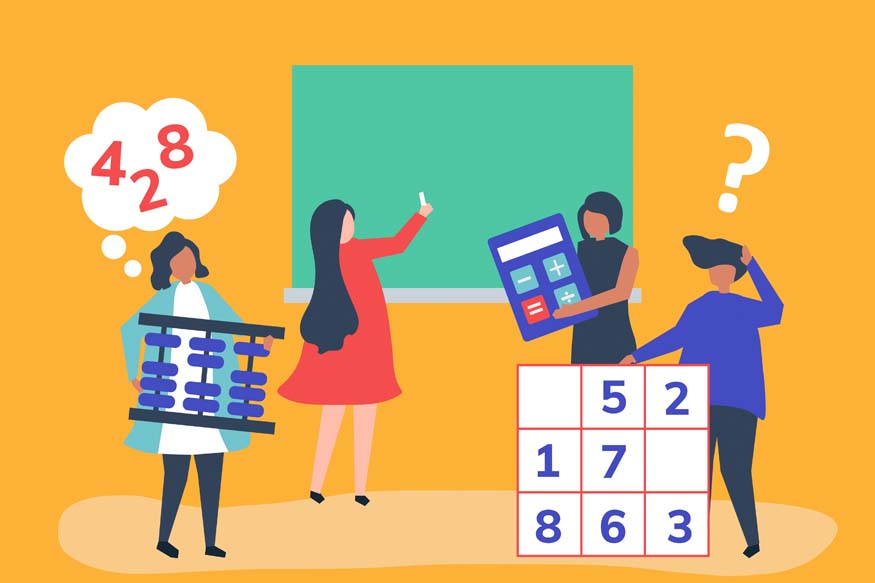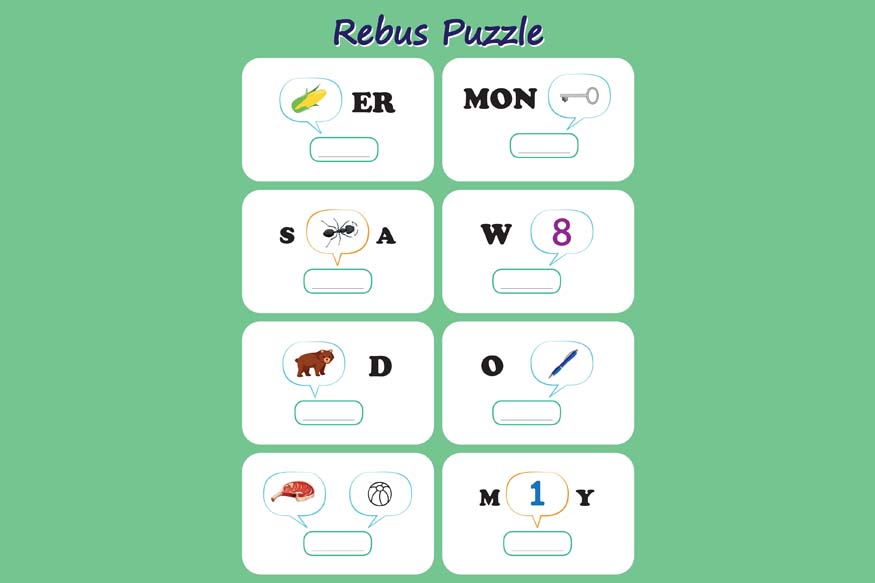Table of Contents
- Introduction
- Understanding the Impact of Excessive Screen Time
- Effective Strategies to Limit Screen Time
- Conclusion
In the present times, controlling screen time for children has become challenging for both parents and teachers. Balancing screen time with other activities is important for the healthy development of children. Excessive use of digital devices can impact their social skills, physical health, and cognitive growth. This post discusses practical ways to reduce screen time for kids. It also aims at helping children build healthier relationships with technological devices.
Understanding the Impact of Excessive Screen Time
Before we understand how to limit screen time for kids, let us know why managing screen time for kids is necessary. Excessive screen time for kids can cause various issues, including:
- Reduced physical activity: Excessive screen time leads to a sedentary lifestyle in kids. Children will no longer be interested in physical activities. Lack of physical activity can cause chronic conditions such as obesity, heart issues, weak muscles, and poor immunity.
- Poor sleep quality: Excessive screen time can disturb their natural sleep cycle. The blue light from screens can reduce melatonin production. Children can get over-excited from watching content and find it hard to calm down. Prolonged screen time for kids affects the overall sleep quality of children.
- Decreased social interaction: Children opt to be stuck to their screens rather than find solutions to social problems. Screen time also limits their ability to talk to people, causing underdeveloped social skills, a lack of empathy, and difficulty reading body language.
- Eye irritation and inconvenient posture problems: Long screen times can impact eye health and create posture problems. Some of the known issues with screen time for kids are digital eye strain, blurred vision, neck and back pain, hunches and strain injuries.
- Reduced academic performance: Reduced attention spans make it challenging for kids to focus on school work. Children lose interest in homework and other educational activities. High screen time for kids causes lower grades and poor academic performance.
Consequences of Screen Time for Kids
Research studies show screen time for kids has a strong impact on their mental, emotional, and behavioural health. Knowing these side effects is important when it comes to how to limit screen time for kids.
Mental Impact:
Extended hours in front of screens are unsuitable for a child’s brain. It may lead to:
- Short attention span problems in concentration.
- Lower critical thinking abilities as content is absorbed and not actively processed.
- It can cause addiction problems in children.
Emotional Effects:
- High likelihood of developing anxiety and depression
- Reduced self-worth by comparison with those in social media
- Fluctuations of mood and temper, especially when the time spent using the screens is limited
- Inability to regulate the display of their emotions.
These impacts show that controlling children’s screen time is necessary. Parents and educators must work together to ensure proper screen time is promoted. This way, it is possible to focus on children’s positive development and preserve their overall health.
Effective Strategies to Limit Screen Time
Now, let us learn some practical strategies on how to limit screen time for kids:
- Set Clear Rules and Boundaries: Decide timings for the device use and encourage kids to follow them regularly. This helps create a structured approach to screen time for kids.
- Create Screen-Free Zones: Assign areas in the house where viewing screens is not allowed, such as the bedroom or dining area. This helps manage screen time for kids.
- Use Parental Control Apps: Use parental control apps to help control kids’ screen time frequency. Most apps help screen time durations and hide inappropriate content for kids.
- Lead by Example: Children often copy their parents’ behaviour. Reducing your own screen time helps minimise screen time for kids.
- Encourage Alternative Activities: Introduce children to other activities that do not require screen time, such as playing outdoors, reading, drawing, and other hobbies.
- Implement a Reward System: Parents can reward their children with allotted screen time for completing other activities or chores. This approach helps reduce screen time for kids while promoting accountability.
- Educate about Digital Wellness: Talk to your children regarding the health issues linked with screen time.
- Gradually Reduce Screen Time: If children’s current screen usage is high, help them reduce screen time gradually instead of stopping it at once. This transition is necessary as it allows children time to process the change.
Conclusion
Electronic devices have become an integral part of our lives. The point is not to eradicate screen time for children. Instead, design an effective strategy that could provide the child with all the advantages of the use of electronics while preventing them from the negative effects of it. Each child is different which means the strategy used to reduce screen time can vary.
For more such interesting blogs, Visit Centre Point School Blogs!





